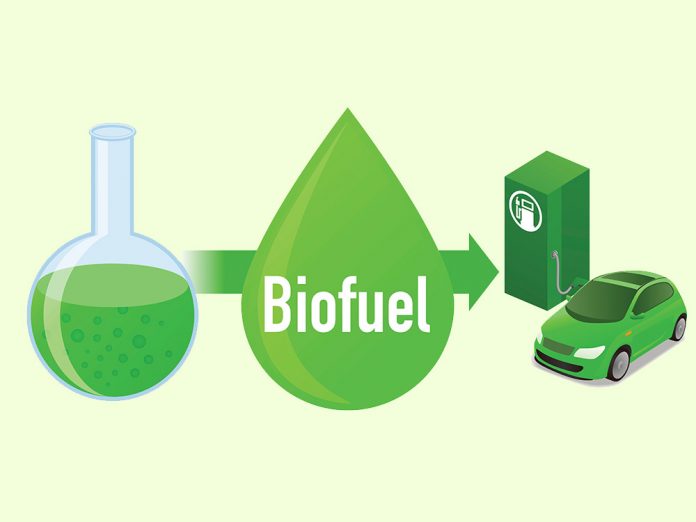Goa: Union Petroleum Minister Hardeep Puri on Tuesday said it was key to ensure that that the flow of traditional energy is not disrupted even as the world transitions to alternate sources of energy.
India, the world’s third-biggest oil importer and consumer, is dependent on crude oil from various sources in the global market to meet its domestic demand.
“Even as we transition, we have to ensure that flow of traditional energy is not disrupted. Because of the pragmatic policies of Hon’ble Prime Minister, India has played a crucial role of a unifier in a deeply divided world and ensure that the flow of energy is not disrupted,” Hardeep Puri, said, at the inaugural ceremony of the second edition of India Energy Week 2024.
In keeping with the vision to turn adversity into an opportunity, India, despite having no large oil reserves of its own, has managed to successfully develop a large oil industry by strategic planning and investments in the refining sector, the minister said.
“Last fiscal year, crude oil was India’s biggest import item, while petroleum products made up the largest share of exports,” Puri said.
Speaking about Global South, which represents 85 per cent of the global population, the minister said it receives only 20 per cent of the world’s clean energy investments.
“The Global Biofuels Alliance will help in accelerating inclusive energy transition for a sustainable world. Biofuels is unique as it is decentralized, it gives money to the people and is clean for environment. GBA is aimed at funding at scale, affordable and clean solutions for the Global South,” he said.
“India is ready to collaborate with partner countries in replicating our strategies and solutions across both conventional and non-conventional energy sources, contributing to the creation of a sustainable global energy model.”
He said India’s flagship schemes like Pradhan Mantri Ujjwala Yojana, National Biofuels Policy, National Green Hydrogen Mission, PM Jivan Yojana along with global initiatives such as the International Solar Alliance and Global Biofuels Alliance, have garnered global appreciation, support, and adoption.
These initiatives collectively aim to ensure affordable energy access for citizens on a global scale, he said.
Prime Minister Narendra Modi, as part of his address at the India Energy Week, outlined his government’s vision for reducing dependence on fossil-based fuels and highlighted the achievements the country made under his administration in the energy domain.
PM Modi asserted that India’s solar installed capacity has risen by over 20 times over the decade. Blending of ethanol has risen from a mere 1.5 per cent to above 12 per cent.
India has already rolled out 20 per cent blended fuel, though, in a phased manner, in April 2023 and widespread availability is expected in days to come. By 2025, a full 20 per cent rollout is expected.
Talking about India’s energy demand, PM Modi asserted that it will double to about 38 million barrels by 2045.
Speaking about diversification of energy sources, the percentage of natural gas in the overall energy mix is being raised from 6 to 15 per cent.
As part of his government’s waste-to-wealth management programme, as many as 5,000 compressed biogas plants are being worked upon, he said.
In its latest intervention, PM Modi said his government would provide rooftop solar to one crore families.
The central government announced a slew of measures for the promotion of green growth and renewable energy while tabling the Interim Budget 2024-25. Through rooftop solarization, one crore households will be enabled to obtain up to 300 units of free electricity every month.
PM Modi also touched upon his government’s Hydrogen Mission and said India will soon become a hub of hydrogen production and exports.
At COP26 held in 2021, India committed to an ambitious five-part “Panchamrit” pledge. They included reaching 500 GW of non-fossil electricity capacity, generating half of all energy requirements from renewables, to reducing emissions by 1 billion tonnes by 2030.
India as a whole also aims to reduce the emissions intensity of GDP by 45 per cent. Finally, India commits to net-zero emissions by 2070. (ANI)












